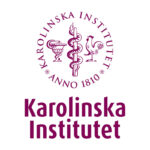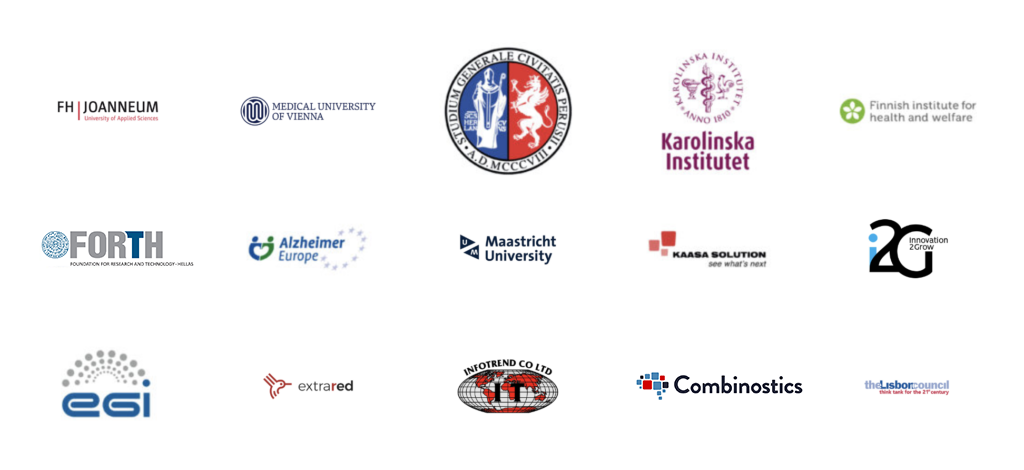
Prevention of Dementia
A broader approach to risk reduction and prevention of dementia, including promoting resilience, is crucial for the future of our ageing societies.
Any future disease-modifying treatment for dementia will not remove the need for its effective prevention.
Modifying several risk factors simultaneously early on in a person’s lifespan could translate into a large effect on the global burden of dementia, which would have huge implications for social and health-care costs.
Prevention of Dementia
A broader approach to risk reduction and prevention of dementia, including promoting resilience, is crucial for the future of our ageing societies. Any future disease-modifying treatment for dementia will not remove the need for its effective prevention.
Modifying several risk factors simultaneously early on in a person’s lifespan could translate into a large effect on the global burden of dementia, which would have huge implications for social and health-care costs.
Exercise & physical activity
Individuals who are physically active throughout life are more likely to maintain good cognition than those who are inactive. For older adults especially, regular physical exercise is related to less cognitive decline.
Good choices are aerobic physical activities as well as muscle-strength and balance exercises.
Individuals who are physically active throughout life are more likely to maintain good cognition than those who are inactive. For older adults especially, regular physical exercise is related to less cognitive decline. Good choices are aerobic physical activities as well as muscle-strength and balance exercises.
Controlling cardiovascular risk factors like hypertension, obesity and elevated blood glucose is important for prevention of dementia already in midlife. Particularly active treatment of hypertension is recommended to reduce incidence of cognitive impairment in both middle aged (45–65 years) and older people (aged older than 65 years) without dementia. In addition to medical treatment, physical activity and healthy diet help in reducing these risk factors.
Cardiovascular risk factors
Controlling cardiovascular risk factors like hypertension, obesity and elevated blood glucose is important for prevention of dementia already in midlife. Particularly active treatment of hypertension is recommended to reduce incidence of cognitive impairment in both middle aged (45–65 years) and older people (aged older than 65 years) without dementia. In addition to medical treatment, physical activity and healthy diet help in reducing these risk factors.
Social interaction
Social interaction and social contacts are important stimulants for cognition. There is growing evidence that social isolation is a risk factor for dementia, which highlights the importance of considering the social engagement of older people and not only their physical and mental health. However, sometimes social isolation might be a prodrome or a part of the dementia syndrome, so early intervention is important.
Social interaction
Social interaction and social contacts are important stimulants for cognition. There is growing evidence that social isolation is a risk factor for dementia, which highlights the importance of considering the social engagement of older people and not only their physical and mental health. However, sometimes social isolation might be a prodrome or a part of the dementia syndrome, so early intervention is important.
Nutrition
A healthy diet is key for the prevention of many chronic diseases. Individuals who adhere to a Mediterranean diet or other healthy dietary patterns characterized by high intake of fruit, vegetables, whole grain and fish, and low intake of red meat are less likely to have cognitive impairment.
A healthy diet also prevents vascular disease and, thus, diet can affect brain health by lowering a number of different risk factors.
Nutrition
A healthy diet is key for the prevention of many chronic diseases. Individuals who adhere to a Mediterranean diet or other healthy dietary patterns characterized by high intake of fruit, vegetables, whole grain and fish, and low intake of red meat are less likely to have cognitive impairment. A healthy diet also prevents vascular disease and, thus, diet can affect brain health by lowering a number of different risk factors.
Smoking and alcohol
Smoking contributes to many dementia-related risk factors, and quitting smoking reduces the risk for dementia. Moderate amounts of alcohol are not harmful for brain health, but alcohol consumption should be as low as possible, particularly in older age. High-level alcohol consumption increases the risk for dementia.
Smoking and alcohol
Smoking contributes to many dementia-related risk factors, and quitting smoking reduces the risk for dementia. Moderate amounts of alcohol are not harmful for brain health, but alcohol consumption should be as low as possible, particularly in older age. High-level alcohol consumption increases the risk for dementia.
Cognitive training
Epidemiological studies show initial evidence that engaging in cognitively stimulating activities might benefit cognition and reduce dementia risk, suggesting that cognitive reserve is not a static property. Ongoing education and engaging in cognitively stimulating activities might continue to increase cognitive reserve and, thus, improve cognitive performance.
Cognitive training
Epidemiological studies show initial evidence that engaging in cognitively stimulating activities might benefit cognition and reduce dementia risk, suggesting that cognitive reserve is not a static property. Ongoing education and engaging in cognitively stimulating activities might continue to increase cognitive reserve and, thus, improve cognitive performance.
Sleep quality, meditation and relaxation
Sleep disorders have received some attention for their role in the development of cognitive impairment. Sleep might promote repair of damage caused by other factors, but studies are still ongoing.
Sleep disorders have received some attention for their role in the development of cognitive impairment. Sleep might promote repair of damage caused by other factors, but studies are still ongoing.
Consortium






The LETHE-Project has received funding from the European Union’s Horizon 2020 research and innovation programme under grant agreement no 101017405
https://ec.europa.eu/digital-single-market/en/policies/ehealth










Consortium

The LETHE-Project has received funding from the European Union’s Horizon 2020 research and innovation programme under grant agreement no 101017405
https://ec.europa.eu/digital-single-market/en/policies/ehealth


